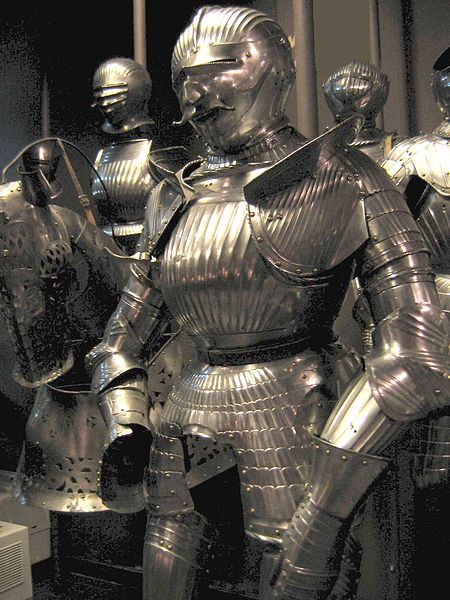Golden Liberty, sometimes referred to as Golden Freedoms, Nobles' Democracy or Nobles' Commonwealth was a political system in the Kingdom of Poland and, after the Union of Lublin (1569), in the Polish–Lithuanian Commonwealth. Under that system, all nobles (szlachta), regardless of rank, economic status or their ethnic background were considered to have equal legal status and enjoyed extensive legal rights and privileges. The nobility controlled the legislature and the Commonwealth's elected king.
The Republic at the Zenith of Its Power. Golden Liberty. The Royal Election of 1573, by Jan Matejko
The szlachta were the noble estate of the realm in the Kingdom of Poland, the Grand Duchy of Lithuania and the Polish–Lithuanian Commonwealth and, as a social class, dominated those states by exercising political rights and power. Szlachta as a class differed significantly from the feudal nobility of Western Europe. The estate was officially abolished in 1921 by the March Constitution.
Szlachcic sejmik representative Tadeusz Rejtan (lower right), with szlachta republican right of ending any Senate (Sejm) session and nullifying any legislation passed (Liberum veto), defying Russian, Prussian, and Austrian autocratic might to cease legalization of the First Partition of Poland, by halting the Partition Sejm's exit from the Senate chamber on 30 September 1773, in effect proclaiming, "Murder me, not Poland." Painting by Jan Matejko, 1866
A Polish peasant in stocks in a 16th-century Polish woodcut
Lech I
Polish Armor





